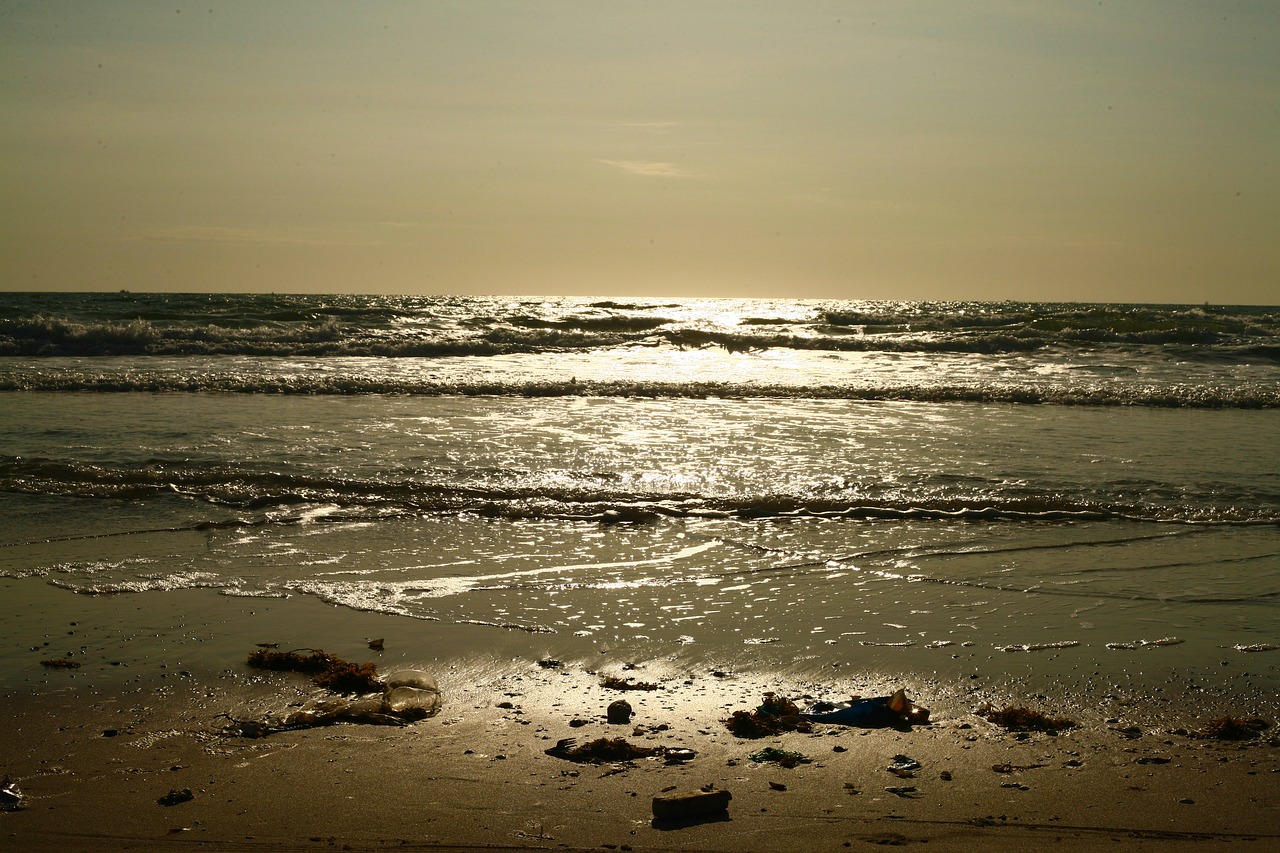Greenpeace urges PHL gov’t to institutionalize reuse

GREENPEACE Philippines on Sunday urged the Philippine government to craft programs that would institutionalize reuse and refill systems while forcing companies to cut plastic use, after the country called for plastic reduction targets guided by science at a recent global negotiation in Canada.
In a statement, the group welcomed Manila’s commitment to plastic reduction at the Global Plastics Treaty negotiation, which calls for the reduction of primary plastic polymers, global aggregate targets and national phase-down schedules.
“In the next few days, we hope to see the Philippine delegation take on an equally progressive stance on other aspects of the treaty, such as targets for reuse and refill solutions, the rejection of harmful technologies and greater accountability mechanisms for corporations,” Greenpeace Philippines Zero Waste Campaigner Marian Ledesma said.
“We are also calling on the Philippine government to ensure that these positions are reflected in policies within the country.”
In its April 25 position paper submitted to the treaty negotiation in Canada, the Philippine government said “a reduction of primary plastic polymers, global aggregate targets and national phase-down schedules are essential elements for sustainable production and consumption under the international and legally binding instrument.”
“A reduction in plastic production is the most effective scenario to prevent the tripling of plastic waste going to the environment by 2060,” it said.
Manila said it is alarmed about recent scientific studies showing that “it will be extremely difficult, perhaps almost impossible, to achieve the 1.5C goal under the Paris Agreement if there are no reductions in primary plastic polymer production.”
“The latest study by the US National Laboratories showed that about 75% of the greenhouse gas emissions from plastics happen even before the production of polymers,” the government said.
A February poll commissioned by Greenpeace International and conducted by Censuswide in more than 20 countries showed that 94% of Filipinos thought a cap on plastic production would stop plastic pollution, prevent biodiversity loss and limit global warming to 1.5C.
Greenpeace Philippines said the government should ensure a strong regulatory framework that addresses plastic pollution at the root.
It should ban sachets and other single-use plastics, support the establishment of reuse and refill systems and mandate corporations to reduce and eventually eliminate the production of disposable plastic packaging and products, the group said. — Kyle Aristophere T. Atienza



